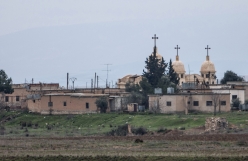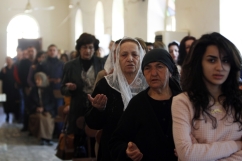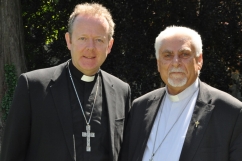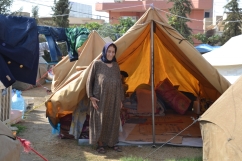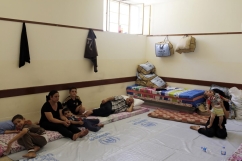Christian persecution in Iraq is being officially documented for the first time under orders of the country's government.
Prime Minister Haydar al-Abadi has authorised the establishment of a committee that will work to end the ongoing abuses against Christians that have escalated since the rise of Islamic State.
According to Fides news agency, the heads of the committee have already met with Chaldean Catholic Patriarch Louis Raphael I to collect data, and will carry out a census of the homes and properties illegally seized from Christians.
NGO Baghdad Beituna [Baghdad Our Home] estimates that there have been more than 7,000 violations against properties belonging to Iraqi Christians in the city since 2003. In July, the leaders of the Chaldean Patriarchate denounced the worsening security situation in a statement sent to Asia News.
"This outrageous behaviour causes anguish and destroys the national mosaic of Iraqi society, weakening the prestige and authority of the state," the statement said.
"Christians are indigenous citizens, and everyone praises their morality, their patriotism, and their roots in this country. For hundreds and hundreds of years they have contributed to its civilization and culture."
The new security committee will also focus on the rising number of Christians who have been kidnapped. Four Iraqi Christians were abducted in Baghdad between late June and early July, two of whom were later found dead by police, despite ransoms having been paid by their families.
A Christian member of Iraq's parliament, Imad Youkhana, issued a statement on July 9 calling for greater protections for the country's Christian population. He branded the kidnappings parts of an intimidation campaign bent on forcing Iraqi Christians out of the country, and warned that it was threatening Iraq's unity.
In 2003, there were around 1.5 million Christians living in Iraq. There are now thought to be less than 200,000.










